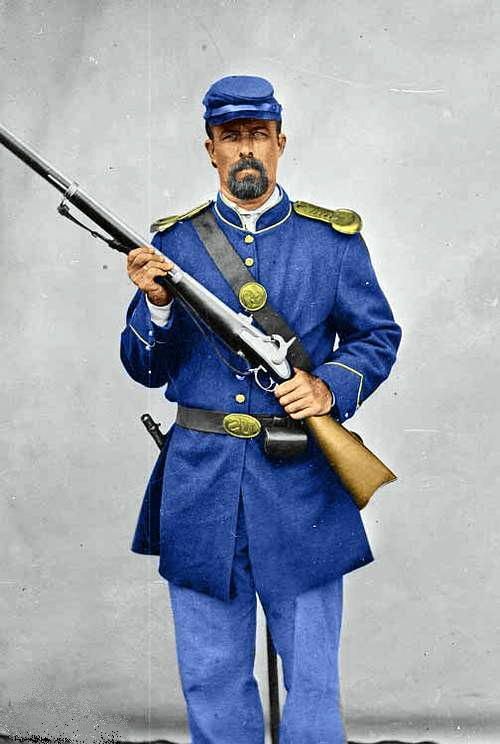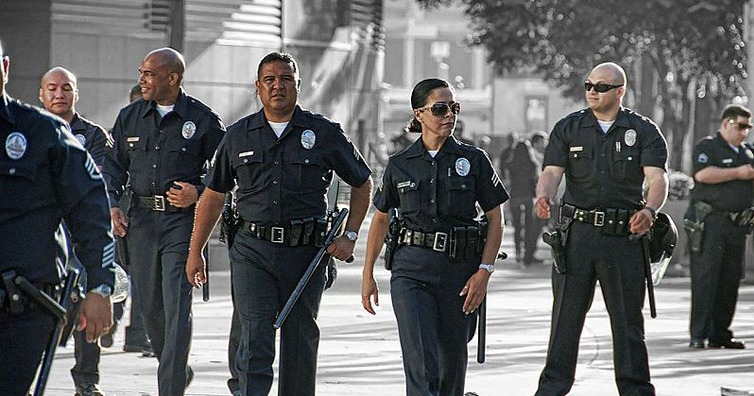Police traditional uniform color in most parts of the world is blue – dark blue to be precise. But have you ever wondered why? Well, wonder no more because we have the answer and it’s a different story for the British and the Americans – the first countries to establish modern police forces.
UNITED KINGDOM
As soon as the first modern law enforcement force was established in 1829 (the famous London Metropolitan Police), so was the blue uniform. The dark blue color was chosen in order to distinguish the police from the British military who, at the time, wore red and white. But this wasn’t the reason why blue was chosen as the standard uniform for the police in the United States.
UNITED STATES
A few years later, when the first official police departments appeared in the US, police officers were not given a blue uniform because their British counterparts did so, but mainly because they were given the surplus uniforms of the Union Army – the Civil War’s prevailing army. Here’s how a union army soldier looked like: (the article continues after the ad)

As years went by and police departments were established throughout the country, the blue uniform stuck and was the go-to choice. And that’s why police officers wear blue uniforms.
Conveniently, dark colors also serve several other functions such as the fact that they are much easier to clean, they “hide” stains and they make a police officer harder to see at night. In addition, modern psychology studies revealed that blue color actually evokes feelings of confidence, security and comfort, making it ideal for people of authority to wear.
If you like what you read, then you will definitely love this one: Why Is London’s Metropolitan Police Named ‘Scotland Yard’?
Photo: Chris Yarzab / Flickr
Photoshop: I’m A Useless Info Junkie
Sources: The psychological influence of the police uniform | LAPD’s Blue In History



